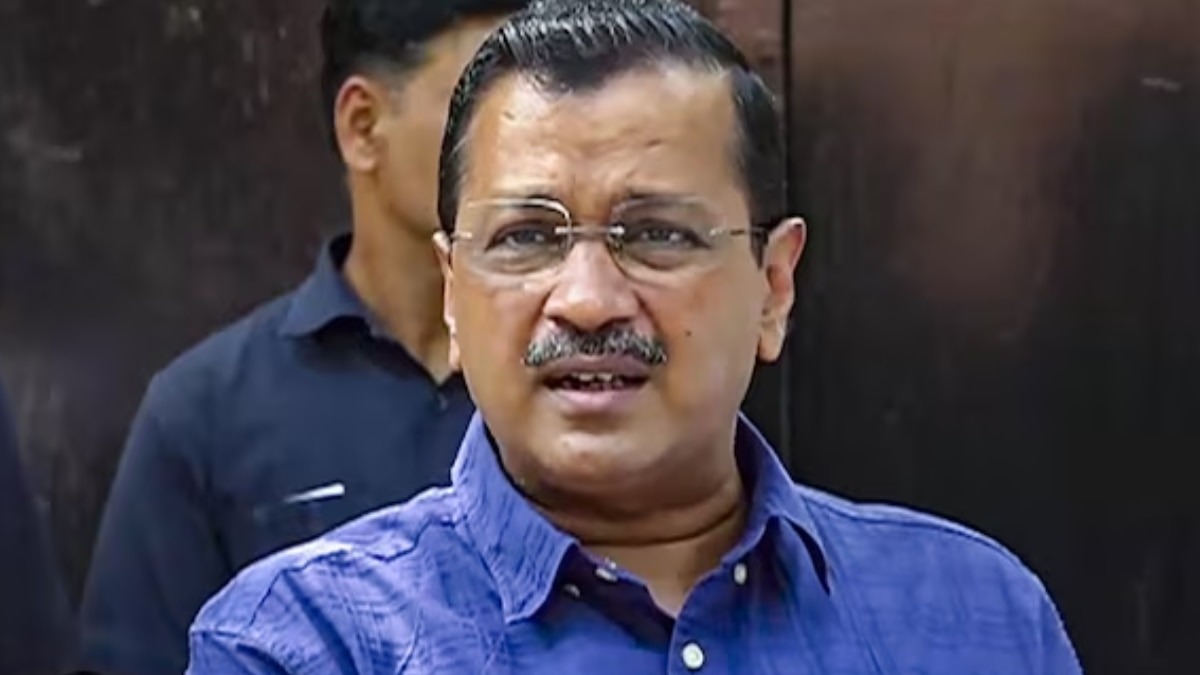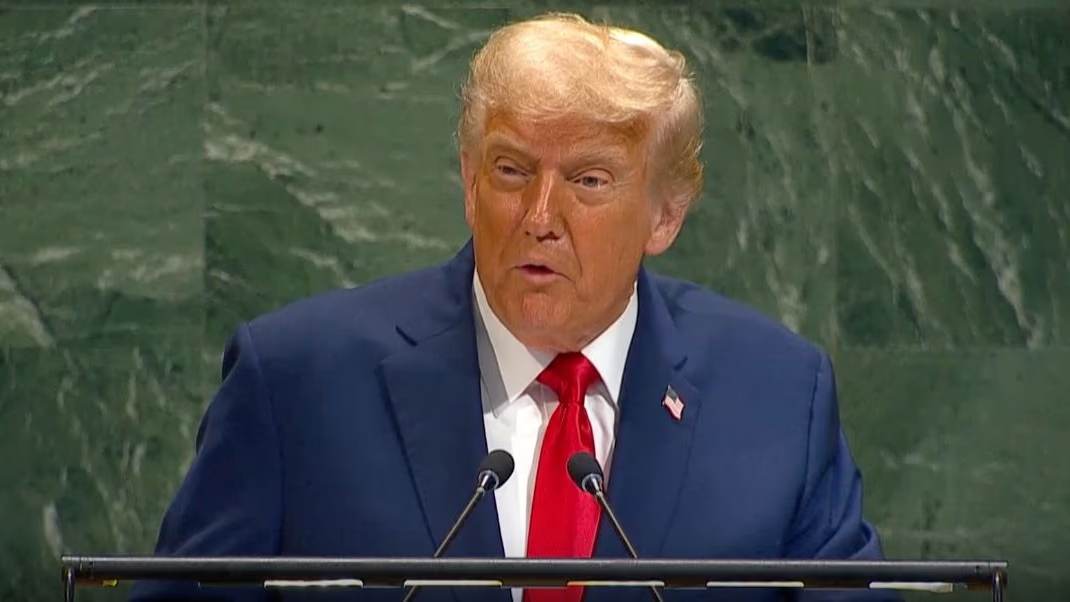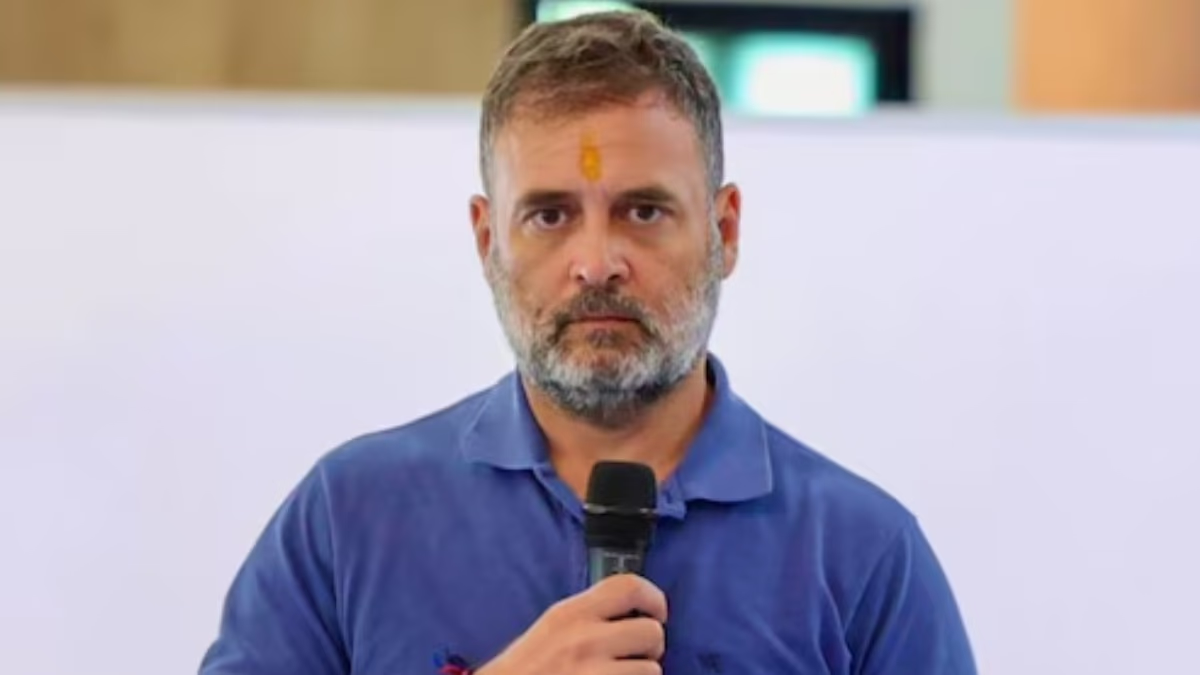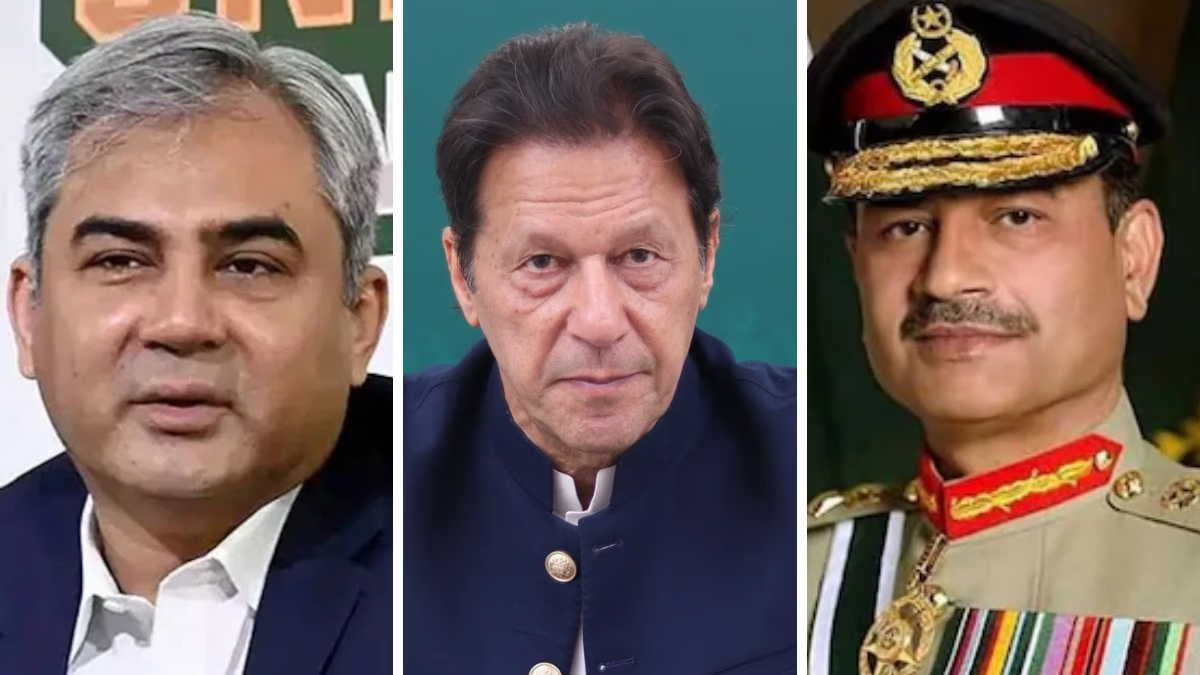Is the nation's capital on the brink of an unfolding crisis? Chief Minister Arvind Kejriwal is behind bars. On Tuesday, the Delhi High Court dismissed his petition challenging the arrest.
Chief Minister Kejriwal is slated to remain in jail at least until April 15. However, his incarceration has sparked a fresh crisis in Delhi.
On the same Tuesday, Lieutenant Governor VK Saxena wrote to the Ministry of Home Affairs. He alleged that, following Kejriwal's imprisonment, a meeting to discuss governmental functions was called, which the ministers failed to attend.
The letter by the Lieutenant Governor cited the ministers' failure to attend the meeting as a vague excuse that reflects a lack of seriousness and insensitivity concerning issues impacting the lives of Delhi's citizens.
This letter marks the second from the LG's office to the Home Ministry within a week. Previously, on April 4, the LG's office had penned another letter, accusing the Delhi Government of 'misleading' the courts.
Is Delhi Veering towards President's Rule?
Amid these developments, the possibility of President's Rule being imposed in Delhi has intensified. On Tuesday, legislators from the Aam Aadmi Party claimed that BJP is attempting to enforce President's Rule following Kejriwal's arrest.
According to News Agency PTI, legislator Madan Lal stated that a state of emergency-like situation has arisen in Delhi. The Lieutenant Governor has expressed that he will not allow Kejriwal to govern from jail.
He also suggested that rumors of President's Rule are being spread to intimidate the Aam Aadmi Party and insisted that no law can prevent Kejriwal from running the government from jail.
Could President's Rule be imposed in Delhi?
The current circumstances in Delhi don't negate the prospect of President's Rule being imposed.
Imposing President's Rule in Delhi would fall under Article 239AB of the Constitution. If the executive body cannot run the government, the Lieutenant Governor may recommend President's Rule.
Article 239AB grants the President the authority to suspend or dissolve the Legislative Assembly. Furthermore, the President can enact laws to ensure the smooth functioning of Delhi's governance.
Currently, Lieutenant Governor VK Saxena is alleging that despite calling a meeting, the ministers are not participating. However, AAP minister Saurabh Bhardwaj claims that the LG has no right to call the meeting.
Following Kejriwal's arrest, LG Saxena stated at an event, 'I want to assure the people of Delhi that the government will not run from jail.' This statement has been seen as a hint towards the imposition of President's Rule.
Experts believe that the future of Delhi hinges on the Lieutenant Governor, and if he believes the government's functioning is being compromised with the Chief Minister in jail, he might recommend President's Rule as per Article 239AB.
What are the options?
If the Lieutenant Governor suggests imposing President's Rule, AAP can seek legal recourse for two reasons. First, Kejriwal is not legally bound to resign due to his imprisonment. Second, AAP holds a majority in the Delhi Assembly.
Should President's Rule be implemented, it can be challenged based on the 1994 Supreme Court decision in the SR Bommai case, which clarified that only the assembly can determine if a government holds a majority.
SR Bommai, then Chief Minister of Karnataka, was dismissed by the then Governor on grounds of having lost majority, leading to recommendations for President's Rule. Bommai challenged this decision in both the High Court and the Supreme Court.
Kejriwal could adopt the Jharkhand model, where Chief Minister Hemant Soren resigned before being arrested to avoid a constitutional crisis, paving the way for Champai Soren to become the new Chief Minister, thereby averting President's Rule.
Alternatively, the Lieutenant Governor might recommend temporary President's Rule until a new Chief Minister is appointed, protecting AAP's government from total dissolution.




